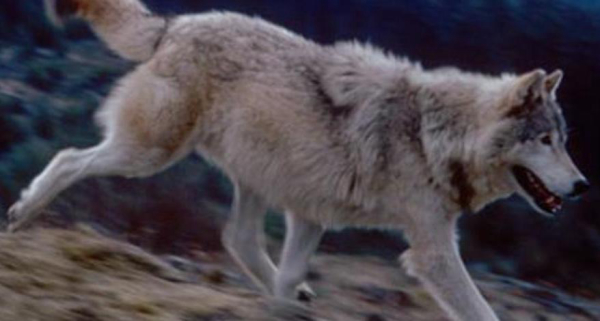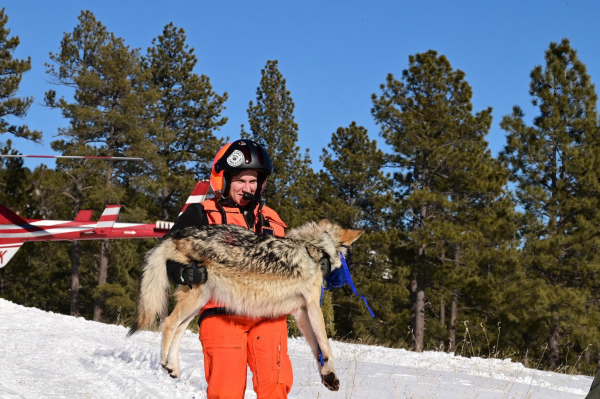Michigan Groups’ Battle over Wolves Looms
By Glen Wunderlich
Now that Michigan’s first wolf hunt is over, one thing is clear: hunters did not wipe out our wolf population. In fact, only about half of the kill quota was met, or more precisely, 23 of the maximum quota of 43. That won’t stop the anti-hunting-anything contingent from furthering its emotionally founded cause to prevent another wolf hunt. It also won’t stop wolf hunting advocates from squaring off all over again in the political arena this year.
Predictably, the protections afforded the gray wolf over the decades would end eventually based on the remarkable growth of the wolf population, which is far beyond recovery goals established under the Endangered Species Act.
The wolf hunt was the state’s first to feature online and call-in reporting of killed wolves and allowed hunters to get text alerts or to check a given hunt’s status via a state website. The system also ensured that no over-killing would take place. From a management standpoint, the system worked as planned.
But, groups like Keep Michigan Wolves Protected (KMWP), an arm of the world’s largest anti-hunting organization, The Humane Society of the United States (HSUS), is still kicking and screaming. Signature gathering by KMWP for a second ballot measure this year will continue to “ensure that this will be the last wolf hunt in our state,” said Jill Fritz, state director of the HSUS and head of KMWP.
Notice that the animal-rights leader says nothing about the proper barometers to measure the need to conduct any future wolf hunts. Of course, this type of response is right out of the anti-hunting community’s playbook, which never concedes the need to manage any wildlife population through hunting. To them and their ilk, there is no appropriate animal to hunt, and therefore, no appropriate time to hunt anything.
Once that fact is made clear, the basis for the “logic” behind the smoke and emotion always comes to the surface for those with a keen eye for facts.
On the other side of the issue is a group called the Citizens for Professional Wildlife Management (CPWM), a coalition of many of the groups that spearheaded the passage of Proposal G in 1996. According to Merle Shepard, chairman of CPWM, “This is about making sure that decisions about fish and wildlife management are made by relying on sound science and the recommendations of biologists, not activists or television commercials.”
Accordingly, this group is also gathering signatures for a citizen-initiated law named the Scientific Fish and Wildlife Conservation Act. It would provide that the Natural Resources Commission may designate game species under a duty to use sound science, that active military members can receive free hunting, fishing and trapping licenses, and that the Natural Resources Commission has the exclusive authority to issue fisheries orders.
So, while the inane rhetoric is sure to be spewed profusely in the upcoming months, I am still searching for just one instance in which modern managed hunting has ever threatened the sustainability of any game animal – just one.
Glen Wunderlich





